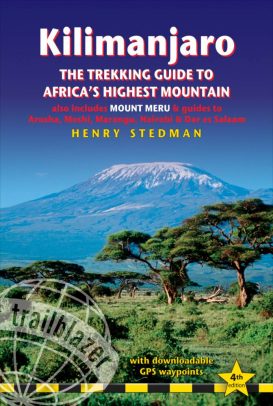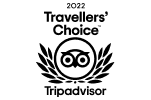WHAT TO PACK ON SAFARI
Below is a list of items we recommend that you bring on safari. It is crucial that you bring sunglasses and protective clothing since the car roof will be open during game drives. Bring a hard-brim hat that offers more protection from the sun as a floppy-brim hat will not hold firm when the car is moving.
There are no luggage weight restrictions on safari but try to limit your luggage on safari. We recommend that you keep a small day pack in the car that contains the following items: rain gear, 2 liters of water, camera, film, binoculars, guide books, sunglasses, lunch, extra layer, passport, money and any other item that may be required during the game drive. This is due to the fact that you will not have access to the luggage on the roof until you reach the lodge/campsite in the evening. You will also have an opportunity to buy souvenirs on safari so you may plan for the purchases as you wish.
SAFARI LUGGAGE
- It is recommended that you pack lightly, as you will probably be moving between various modes of transport (airplanes, cars, light aircraft, trucks, boats).
- Suitcases with wheels do not function very well in the African bush, but they are adequate if you don’t mind carrying them.
- A day pack is handy for carrying the items you may need while driving around in the safari vehicle or walking through the bush.
CLOTHING
- Long sleeved lightweight shirt for protection from the sun
- Sweater/jacket and pants for cold temperatures experienced at night
- Hat with hard brim
- Bathing suit
- Camp towel
- Socks
- Sandals
- Lightweight hiking shoes
- Short pants
- Sunglasses
- Remember to bring enough clothing for the entire safari as you may not have them washed (lodges do offer laundry service) during safari
SAFARI EQUIPMENT
- Safari Binoculars are essential for a successful trip. No safari packing list is complete without them!
- Flashlight or headlamp with spare batteries.
- Camera, film and extra flash batteries and lens cleaner.
- For digital cameras: memory stick(s) / data card(s), charger and extra batteries.
- Small bean bag to substitute a tripod.
- Sleeping bag for a camping safari (may be supplied by the safari company so check first).
- Travel pillow, or alternatively you can use a polar fleece/windbreaker.
- Money belt.
- Washing powder/travel soap for laundry.
- Plug adaptors – Tanzania is 240V so make sure that the appliance has a suitable voltage rating.
- Lighter/waterproof matches.
- Travel alarm clock.
- Mini combination locks (keys get lost).
- Mini sewing kit.
DOCUMENTS
- Passport & up to date visas.
- Emergency phone numbers.
- African travel insurance policy.
- A travel diary – to write your journal and record the wildlife you see.
- Guidebook(s) covering the area you are visiting.
- Your itinerary.
- Addresses and mobile numbers for postcards, e-mails and texts home.
- Any vaccination certificates and correct emergency medical information (medical allergies, etc.).
- International Youth Hostel card (depending on the type of trip and accommodation).
- Phone card and international access numbers.
- Extra passport photos.
- Photocopy of your passport and vaccination card (kept separate from your passport).
- Medical history.
- Copies of prescriptions.
- Small stickers to label your used films.






